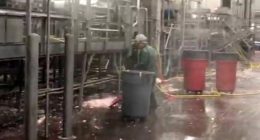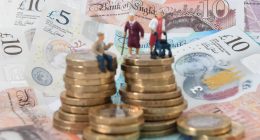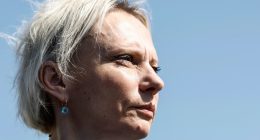
LONDON—Coffee and groceries are becoming a bigger part of BP PLC and Royal Dutch Shell PLC’s bottom line.
Gas stations have emerged as one of the most profitable parts of the major oil companies’ sprawling operations during the pandemic, with higher spending on food and drink offsetting weaker demand for fuel. That is encouraging both companies to push ahead with plans to expand their retail businesses, which they are betting can help offset declining oil income longer term.
Shell plans to add 10,000 branded retail sites to its 45,000-strong network world-wide—larger than Starbucks Corp. or McDonald’s Corp —in the next five years. BP, which currently has 19,000 locations, wants to add 6,700 sites in growth markets by 2030.
“We believe we can more than offset the impact of fuel volume declines in established markets to 2030 through growth in convenience,” Emma Delaney, BP’s head of customers and products, told investors at its strategy event last year.
Selling coffee, food and other household items at gas stations is an attractive business, executives and consultants say, because profit margins are typically higher than the oil business and returns are more stable because they aren’t linked to volatile energy prices.









